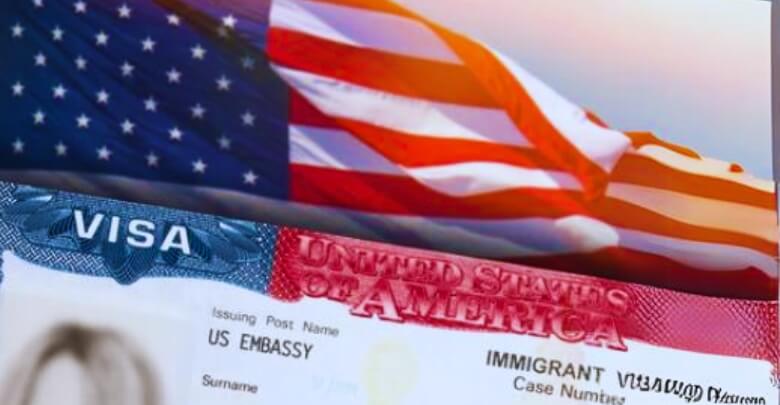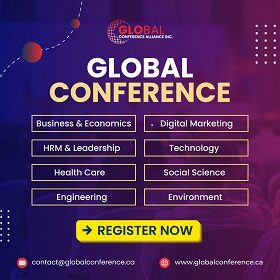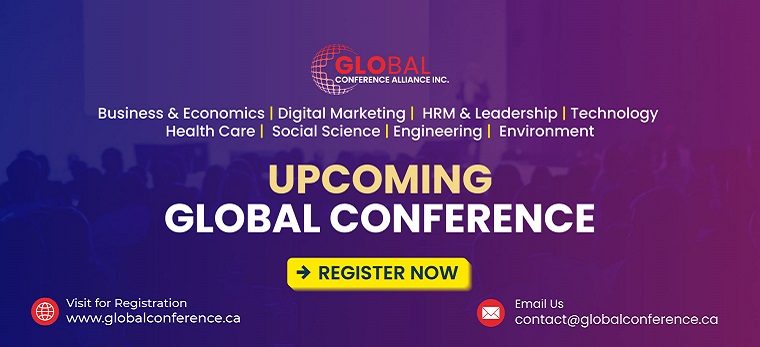When planning a trip to the US for a conference or seminar, it’s important to understand the visa requirements and duration limits to avoid any potential legal issues or unplanned departures. So, how long can you stay in the US with a conference visa?
The short answer is up to six months. However, there’s a silver lining. This duration can be extended to a full year if circumstances dictate or should there be a valid reason.
This knowledge ensures that attendees can plan their trip accordingly, make the most out of their stay, and fully immerse themselves in the conference experience without worrying about overstaying their welcome.
Understanding Conference Visas in the US
The US offers specific visas for individuals attending conferences, seminars, and professional events. This type of visa, designed for short-term stays, highlights the country’s commitment to global exchange and collaboration. Applicants must ensure they meet all requirements before applying.
The initial duration for a conference visa is six months. However, in some instances and based on valid reasons, the stay can be extended to a year. This flexibility aids attendees who might need extra time for related endeavors.
Despite the potential for an extended stay, it’s important to always adhere to the stipulated visa timelines. Overstaying can lead to legal complications and affect future visa applications. It’s always recommended to stay informed and act accordingly.
How Long Can You Stay in the US With a Conference Visa?

Understanding visa regulations is important when preparing for an international conference in the US. Let’s delve into the specifics of the conference visa duration.
Attending a US conference means obtaining a special visa, primarily issued for short-term durations. Initially, this visa grants a stay of six months to the holder. It facilitates easy entry and assures a comfortable duration for attendees.
However, the US recognizes the dynamic nature of professional events and engagements. For valid reasons, the conference visa can be extended, granting a stay of up to one year. This provision acknowledges the evolving needs of professionals and academics.
Nevertheless, it’s paramount to respect the visa’s time constraints. Overstaying might result in legal complications, jeopardizing future US visits. Always stay updated and make timely decisions.
Requirements for a Valid Visa in the US
Securing a US visa requires a meticulous understanding of its prerequisites. Here’s a breakdown of essential criteria for a valid visa application.
Proof of Purpose:
Every visa category has its unique purpose, from tourism to work. Applicants must provide authentic documents reflecting their visa intent. For instance, conference attendees need invitation letters.
Financial Stability:
The US demands proof that applicants can sustain themselves financially. This can be bank statements, employment details, or sponsor’s information. It ensures visitors won’t become public charges.
Passport Validity:
Your passport should be more than just current; it needs foresight. Generally, a six-month validity beyond your intended stay is mandatory. Any less might lead to application rejection.
Previous Visa Records:
Prior interactions with the US or other nations play a role. A clean record, without overstays or deportations, strengthens your application. Past visa rejections should be transparently disclosed.
Medical and Criminal Check:
Some visa categories require medical evaluations. Additionally, a clean slate in terms of criminal history is non-negotiable. Relevant documents or police certificates might be requested.
By ensuring compliance with these criteria, applicants stand a better chance of securing their US visa. Remember, honesty and clarity during the process are paramount.
Types of Conference Visas and Their Durations?
Understanding visa types is fundamental for those journeying to the US for conferences or tourism. Dive into the details of B-1 and B-2 visas.

B-1 Business Visa:
Business professionals and attendees frequent the US for myriad events. The B-1 visa serves this purpose, tailored for short business-related trips. Conferences, seminars, and professional meetings fall under its purview.
Moreover, it’s crucial to recognize that this visa doesn’t permit employment. Applicants showcase their intention to attend a specific event. Its duration is generally six months, with potential extension opportunities.
B-2 Tourism Visa:
Tourism and leisure form the backbone of the B-2 visa. It’s ideal for those wanting a vacation or visiting family in the US. Sightseeing, medical treatment, or even short courses are covered.
However, like its B-1 counterpart, employment isn’t sanctioned. The initial stay granted is typically six months. Extensions are possible but with valid reasons and documentation.
Understanding these two visa categories ensures you apply under the correct bracket, making the approval process smoother and more straightforward.
B-1 Vs. B-2 Visa- Which One Should You Choose?
Choosing between the B-1 and B-2 visas hinges on the nature and objective of your visit to the US. Let’s compare these two, highlighting the advantages of the B-1 visa for certain travelers.
Purpose of Visit:
The B-1 visa is crafted explicitly for business-related activities such as attending conferences, seminars, and meetings or negotiating contracts. If your intent leans towards professional engagements, the B-1 is ideal. Conversely, the B-2 visa suits those seeking tourism, leisure, or medical treatments.
Duration and Extensions:
Both visas usually permit a six-month stay, but the flexibility in the B-1 caters more to business unpredictability. Extensions can be sought if negotiations or professional activities take longer than expected. While B-2 also allows extensions, proving a business need in B-1 can be more straightforward.
Professional Image:
For frequent business travelers, consistently applying for and holding a B-1 visa paints a professional image. It indicates to the authorities a clear pattern of genuine business activities, simplifying future application processes.
No Employment:
It’s essential to note that neither visa allows for employment in the US. However, the B-1 does let you participate in business activities and events, making it more aligned with corporate travelers’ needs.
Networking Opportunities:
A major aspect of business trips is networking. Holding a B-1 visa demonstrates a clear professional intent, which could open doors to more exclusive business events, seminars, and networking opportunities.
While both visas have their merits, the B-1 Business Visa stands out as the more apt choice if your primary intent is business-related activities. It’s tailored to accommodate the dynamic and evolving needs of corporate professionals traveling to the US.
Bottom Lines
Traversing the maze of international travel often boils down to understanding the finer details of visa regulations. When we consider the question of how long can you stay in the US with a conference visa?
Clarity becomes paramount. Initially, these visas are set for a six-month duration. This might seem sufficient at first glance. However, recognizing the unpredictable nature of professional events and commitments, the US offers the possibility of extending this visa to a full year.
Awareness of these durations not only assists in planning an effective trip but also ensures compliance with the law, creating a hassle-free experience during and after the conference.





